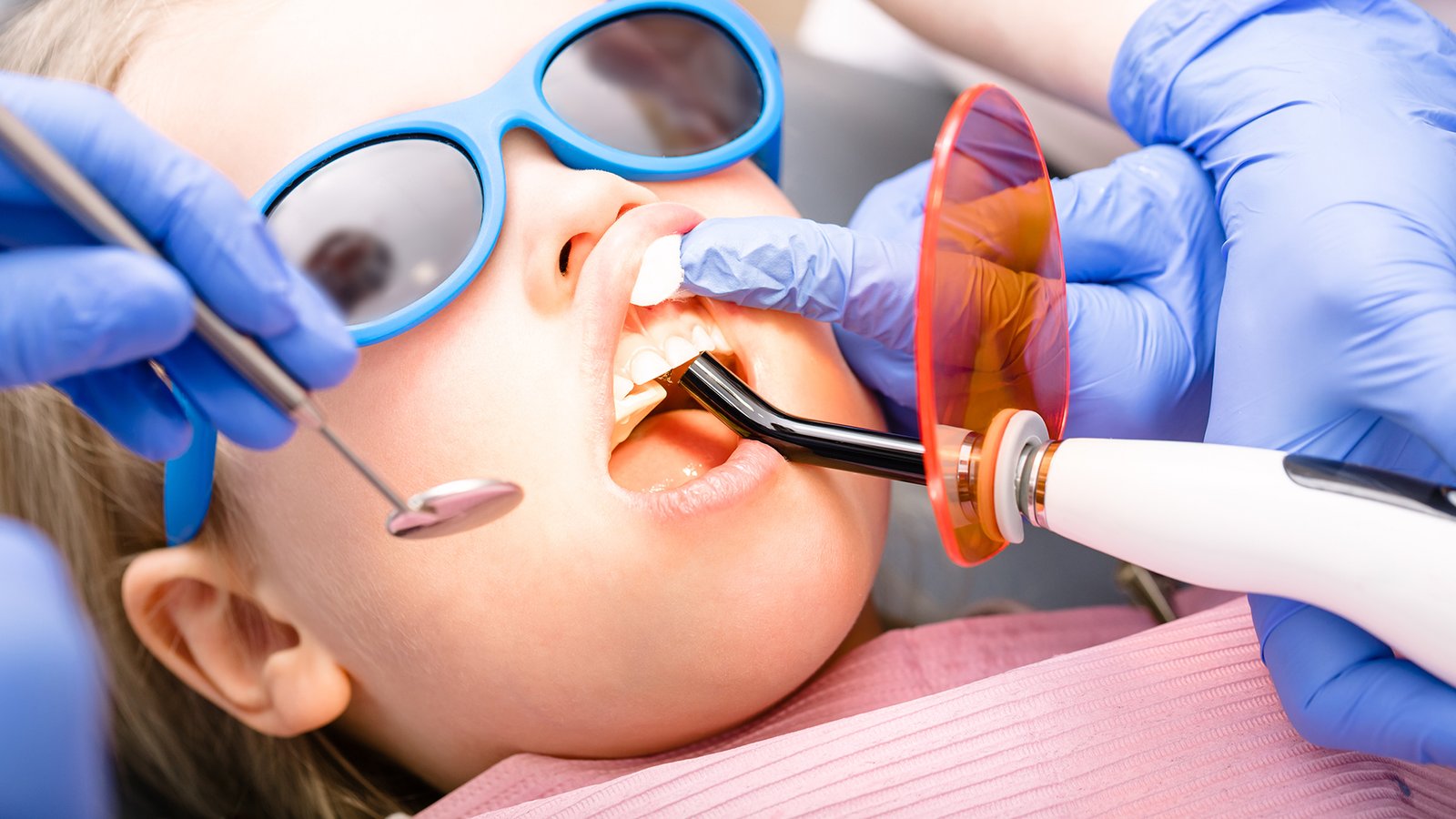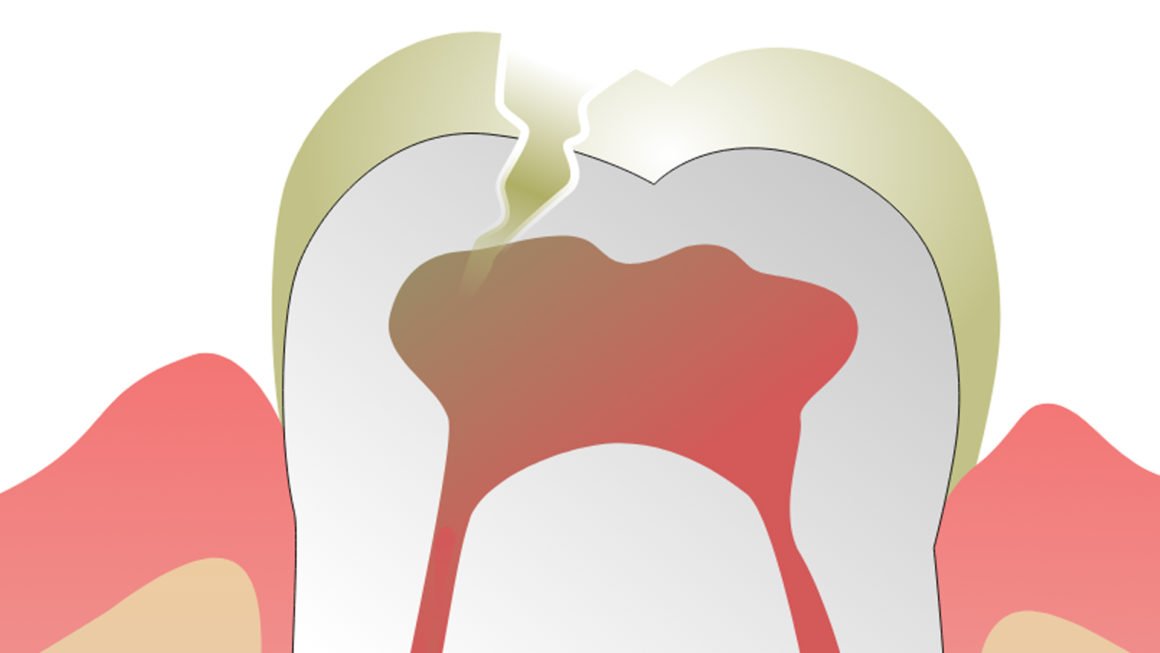
Dental caries, also known as tooth decay or cavities, is one of the most common and widespread diseases of the mouth. Dental caries often occurs on the chewing (occlusal) surfaces of the tooth or between the teeth (inter-proximally). The bacteria in our mouth digest the sugars we consume and convert it into acid. This acid weakens and penetrates the outer surface of our teeth (enamel) resulting in the formation of dental caries.
Dental caries must be treated immediately to prevent further progression of the disease. Dental caries can result in discomfort, pain and if not treated in a timely manner can lead to tooth loss. Fillings are the most common treatment for dental caries. The dentist removes the decayed portion of the tooth and packs the empty space with an appropriate filling material. Your dentist will recommend the most appropriate filling material based on the tooth surface involved and the location of the tooth in the dentition.
White fillings (composite resin) are the most common filling material used. Composite resins are available in a great pallet of colour, which your dentist can use to match closely to the colour of your natural teeth. In the case of decay present on the back teeth (molars), your dentist may recommend an amalgam filling which is stronger and able to withstand the pressure of chewing.
You can play an important role in improving your dental health. Regular dental checkups with your dental professionals will better your chances at preventing dental caries. During each visit your hygienist and dentist will examine the oral cavity for signs of poor oral hygiene and vulnerable tooth surfaces (pits and deep grooves on occlusal surfaces) and make the appropriate recommendations to help you maintain healthy gums and teeth.

